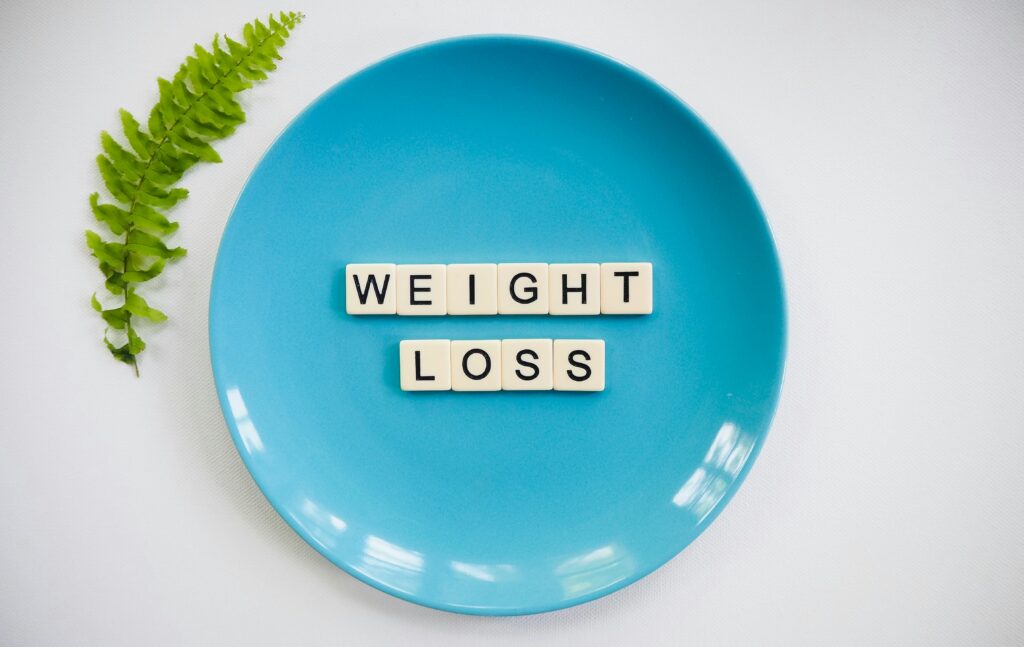Intermittent fasting has become one of the most popular strategies for fat loss but what is the best intermittent fasting for weight loss? With so many methods out there, it can be confusing to know where to start. In this guide, we’ll break down the top intermittent fasting protocols, how they work, and which one may be best for your goals.
What Is Intermittent Fasting and How Does It Help With Weight Loss?
Intermittent fasting (IF) is an eating pattern that cycles between periods of eating and fasting. It doesn’t dictate what you eat, but rather when you eat. The best intermittent fasting for weight loss is typically one that fits into your lifestyle, helps you reduce calorie intake, and improves metabolic health.
Benefits of Intermittent Fasting:
- Promotes fat burning and insulin sensitivity
- Reduces calorie intake without conscious restriction
- Helps regulate hunger hormones
- Encourages better digestion and energy balance
Top 3 Intermittent Fasting Methods for Weight Loss
16:8 Method – The Most Popular Choice
Eat within an 8-hour window, fast for 16 hours.
Why it works: Easy to stick with, reduces snacking, and aligns with circadian rhythm.
5:2 Diet – Ideal for Flexible Eaters
Eat normally 5 days a week, restrict calories to ~500–600 for 2 days.
Why it works: Focuses on weekly calorie balance rather than daily restriction.
Alternate-Day Fasting – For Advanced Users
Eat one day, fast or eat very few calories the next.
Why it works: Maximizes calorie restriction and fat mobilization, but can be harder to sustain.
Which Is the Best Intermittent Fasting for Weight Loss?
The best method is the one you can stick to consistently. For most beginners, the 16:8 method is a great starting point. It’s simple, flexible, and fits most lifestyles. If you have a busy schedule or prefer calorie control over time, the 5:2 method may be more effective. For those with experience and discipline, alternate-day fasting can accelerate results.
Trusted resource: Learn more about intermittent fasting benefits from HealthLine

Tips to Maximize Results While Fasting
- Stay hydrated (water, black coffee, herbal tea)
- Break your fast with nutrient-dense meals
- Avoid binge eating during your eating window
- Include protein and fiber in every meal
- Combine fasting with resistance training for better fat loss
How Intermittent Fasting Affects Your Cells and Hormones
When you fast, your body undergoes several powerful biological changes. These include:
- Insulin levels drop, which facilitates fat burning.
- Human growth hormone (HGH) can increase, aiding muscle preservation and fat loss.
- Cellular repair processes such as autophagy are activated, where cells remove old or damaged components.
- Genes related to longevity and disease resistance become more active.
These cellular and hormonal changes create a biological environment that supports fat loss and metabolic health, making intermittent fasting more than just a calorie-cutting strategy.
Health Benefits of best Intermittent Fasting for weight loss
Beyond weight loss, intermittent fasting is linked to a variety of health benefits backed by research:
- Improved insulin sensitivity, helping reduce the risk of type 2 diabetes
- Reduced inflammation, which is key to preventing chronic disease
- Enhanced brain health through increased production of brain-derived neurotrophic factor (BDNF)
- Lower blood pressure and cholesterol in some individuals
- Potential longevity benefits, as shown in animal studies
These benefits make intermittent fasting a powerful lifestyle change not just a temporary diet trend.
Safety and Side Effects
While generally safe, intermittent fasting isn’t for everyone. It’s important to understand possible side effects, especially when starting out:
- Hunger and irritability in the first few days
- Headaches or low energy due to blood sugar fluctuations
- Potential overeating during eating windows if not managed properly
- May not be suitable for people with a history of eating disorders, pregnant or breastfeeding women, or individuals on certain medications
Consulting with a healthcare provider or coach is always recommended before starting a fasting protocol, especially if you have underlying health conditions.
Does the best Intermittent Fasting for Weight Loss WorkS?
Yes and it’s supported by science. The reason intermittent fasting works for weight loss is twofold:
- Calorie control: It naturally limits the hours in which you eat, which often leads to reduced caloric intake without tracking.
- Hormonal advantages: Lower insulin, increased norepinephrine, and HGH all contribute to fat metabolism.
Studies have shown that best intermittent fasting for weight loss can be just as effective as traditional calorie restriction and for some, even easier to stick to long term.
Pros and Cons of Intermittent Fasting
Pros
- Simple structure (no food tracking needed)
- Can fit into most lifestyles
- Supports both fat loss and metabolic health
- Encourages mindful eating habits
Cons
- Initial hunger and adaptation phase
- Risk of under- or overeating if not planned
- Not suitable for everyone (especially with medical conditions)
- Can impact social meals or routines
The key is finding a method that complements your lifestyle and goals that’s where coaching can make a huge difference.
Conclusion: Start the Best Intermittent Fasting Approach for Weight Loss Today
Finding the best intermittent fasting for weight loss depends on your routine, goals, and mindset. Start simple, be consistent, and adjust as needed. When paired with smart training and balanced nutrition, intermittent fasting becomes a powerful fat-loss tool.
Want a personalized nutrition and fitness plan built around your lifestyle?
Check out our coaching plans and let RepDefined help you reach your goals.
Top 5 Best Dumbbell Shoulder Exercises: Build Strong And Defined Shoulders.
Looking to strengthen and sculpt your shoulders with minimal equipment? Dumbbell shoulder exercises are the…
Healthy Dinners for Weight Loss: Easy, Delicious & Fat-Burning Ideas
Finding healthy dinners for weight loss can feel overwhelming, especially when you’re juggling taste, time,…
7 Best Dumbbell Exercises for Back Strength and Muscle Growth
If you’re looking to build a strong, defined back with minimal equipment, dumbbell exercises for…
Best Way to Lose Weight Quickly: What Actually Works in 2025 Perfect and Real Resoults
Losing weight quickly is a goal many people share, especially when summer is around the…
Good Foods to Eat to Lose Weight this 2025
When it comes to losing weight effectively and sustainably, the key is not just eating…
Top 5 best Knee Strengthening Exercises at Home
If you’re dealing with knee pain, weakness, or simply want to improve your lower body…







